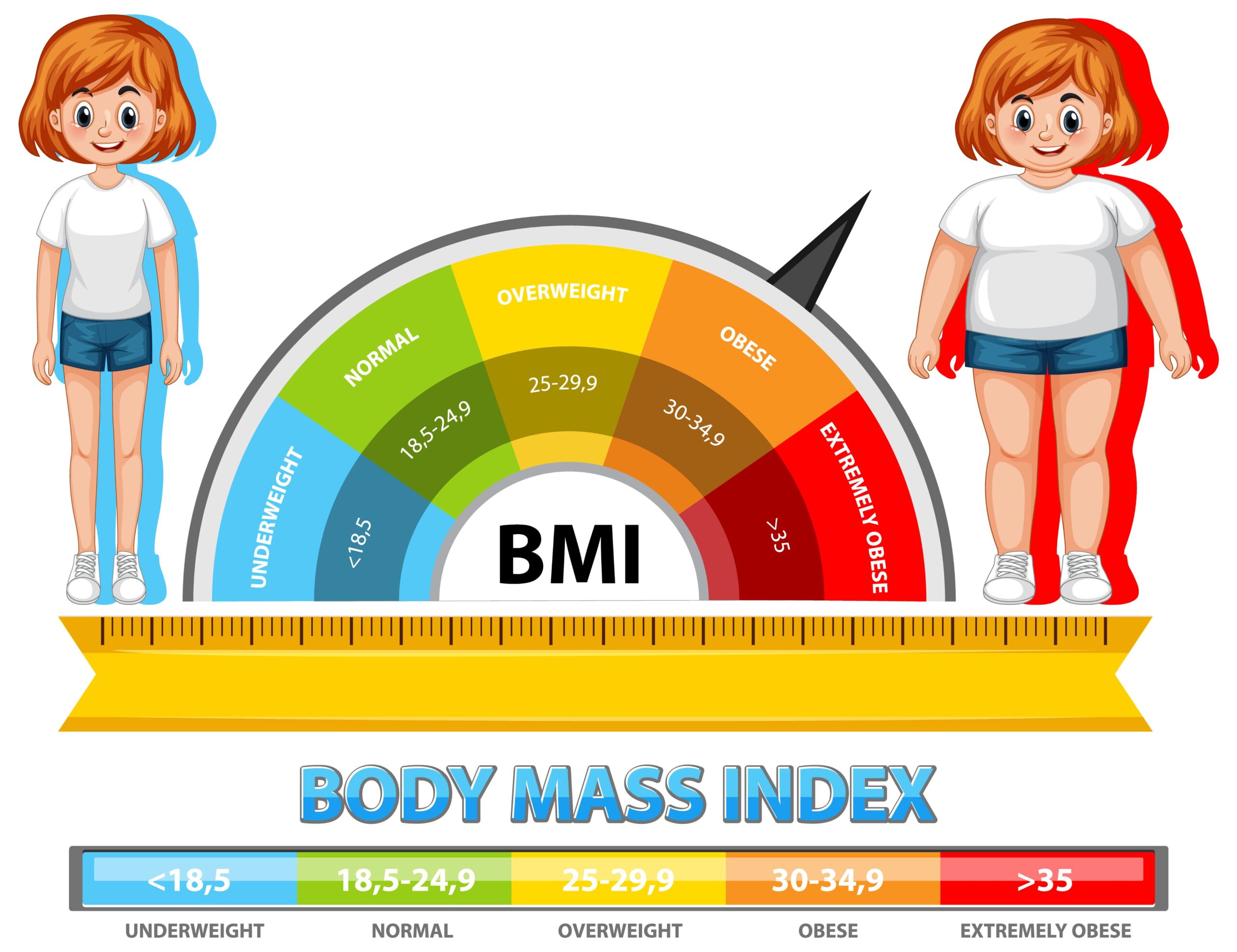Nutrition for Premature Babies
Proper nutrition is crucial for the healthy development of any newborn, but it becomes even more critical for premature babies. Premature infants, born before 37 weeks of gestation, often require specialized nutritional support to ensure they grow and thrive. This guide outlines the key aspects of nutrition for premature babies, providing practical advice to help parents support their baby’s growth and well-being.
Why Nutrition Matters for Premature Babies
Premature babies have specific nutritional needs due to their early birth. Their organs and systems, including the digestive system, are still developing, which can make feeding more challenging. Proper nutrition is essential for:
Growth and Development: Premature babies need extra nutrients to help their bodies develop and catch up to their full-term peers.
Immune System Support: Adequate nutrition supports a premature baby’s developing immune system, helping them resist infections.
Brain Development: Essential nutrients contribute to optimal brain development and cognitive function.
Feeding Methods
1. Breastfeeding
Breast milk is the optimal source of nutrition for premature babies, as it contains essential nutrients and antibodies that support growth and immunity. However, preemies may face difficulties breastfeeding directly due to their size or strength.
Expressed Breast Milk:
If direct breastfeeding is not possible, expressed breast milk can be fed to the baby through a bottle or feeding tube. Parents should work closely with lactation consultants and healthcare providers to establish a pumping and feeding routine.
Fortification:
Premature babies often need additional nutrients beyond what breast milk alone can provide. Fortified breast milk, which includes added calories, proteins, vitamins, and minerals, may be recommended to support the baby’s growth. Your healthcare provider will guide you on how to use fortifiers.
2. Formula Feeding
In cases where breast milk is not available or sufficient, specialized preterm infant formulas are designed to meet the unique nutritional needs of premature babies. These formulas are enriched with extra calories, proteins, and essential nutrients.
Types of Formulas
There are different types of preterm formulas, including those specifically designed for very low birth weight (VLBW) infants. Your pediatrician will help you choose the right formula based on your baby’s specific needs.
Key Nutritional Needs
1. Calories and Protein:
Premature babies have higher calorie needs to support their rapid growth. Specialized formulas and fortifiers are designed to provide these extra calories. Protein is also crucial for growth and tissue repair, and it may be provided through either breast milk fortifiers or formula.
2. Vitamins and Minerals:
Premature infants often require additional vitamins and minerals, such as:
Iron: Essential for red blood cell production and preventing anemia. Your healthcare provider may recommend iron supplements if needed.
Calcium and Phosphorus: Important for bone development. Fortified milk or formula can provide these nutrients.
Vitamin D: Supports bone health and immune function. Your baby may need vitamin D supplements, especially if they are exclusively formula-fed.
3. Fatty Acids:
Long-chain fatty acids like DHA (docosahexaenoic acid) and ARA (arachidonic acid) are important for brain and eye development. Specialized preterm formulas often contain these fatty acids to support neurological development.
Feeding Challenges and Solutions
1. Feeding Tolerance:
Premature babies may have difficulty digesting feeds. Start with small, frequent feeds and gradually increase the amount as tolerated. Your healthcare provider will monitor your baby’s feeding tolerance and adjust the feeding plan as needed.
2. Gavage Feeding:
In some cases, premature babies may need to be fed through a tube (gavage feeding) if they are not able to feed orally. This method allows for the gradual introduction of nutrition while the baby’s feeding skills develop.
3. Reflux and Spit-Up:
Premature babies are more prone to gastroesophageal reflux. Feeding smaller, more frequent meals and keeping the baby upright after feeding can help reduce reflux and spit-up. Consult with your healthcare provider for specific strategies and treatments.
Monitoring Growth and Adjusting Nutrition
Regular monitoring of your baby’s weight, growth, and development is crucial to ensure they are receiving adequate nutrition. Your healthcare provider will track your baby’s progress and may adjust feeding plans and nutritional supplements as needed. Keep a record of your baby’s feeding patterns and any concerns you may have to discuss during appointments.
Support for Parents
1. Nutritional Guidance:
Work closely with a pediatric dietitian or nutritionist who specializes in neonatal care. They can provide personalized guidance on feeding and nutrition, helping you navigate the complexities of your baby’s needs.
2. Emotional Support:
Caring for a premature baby can be overwhelming, and feeding issues can add to the stress. Seek support from family, friends, or support groups for parents of premature infants. Connecting with others who understand your situation can provide comfort and practical advice.
3. Education and Resources:
Educate yourself about the nutritional needs of premature babies through reputable sources. Your healthcare provider and hospital may offer resources and workshops to help you understand and manage your baby’s nutrition.
Conclusion
Nutrition plays a pivotal role in the health and development of premature babies. By understanding their unique needs and working closely with healthcare professionals, parents can provide the essential nutrients required for their baby’s growth and well-being. Whether through breastfeeding, formula feeding, or a combination of both, the goal is to support your baby’s journey toward thriving and reaching their developmental milestones. With careful attention to nutrition and a supportive network, you can help your premature baby achieve a healthy start in life.







